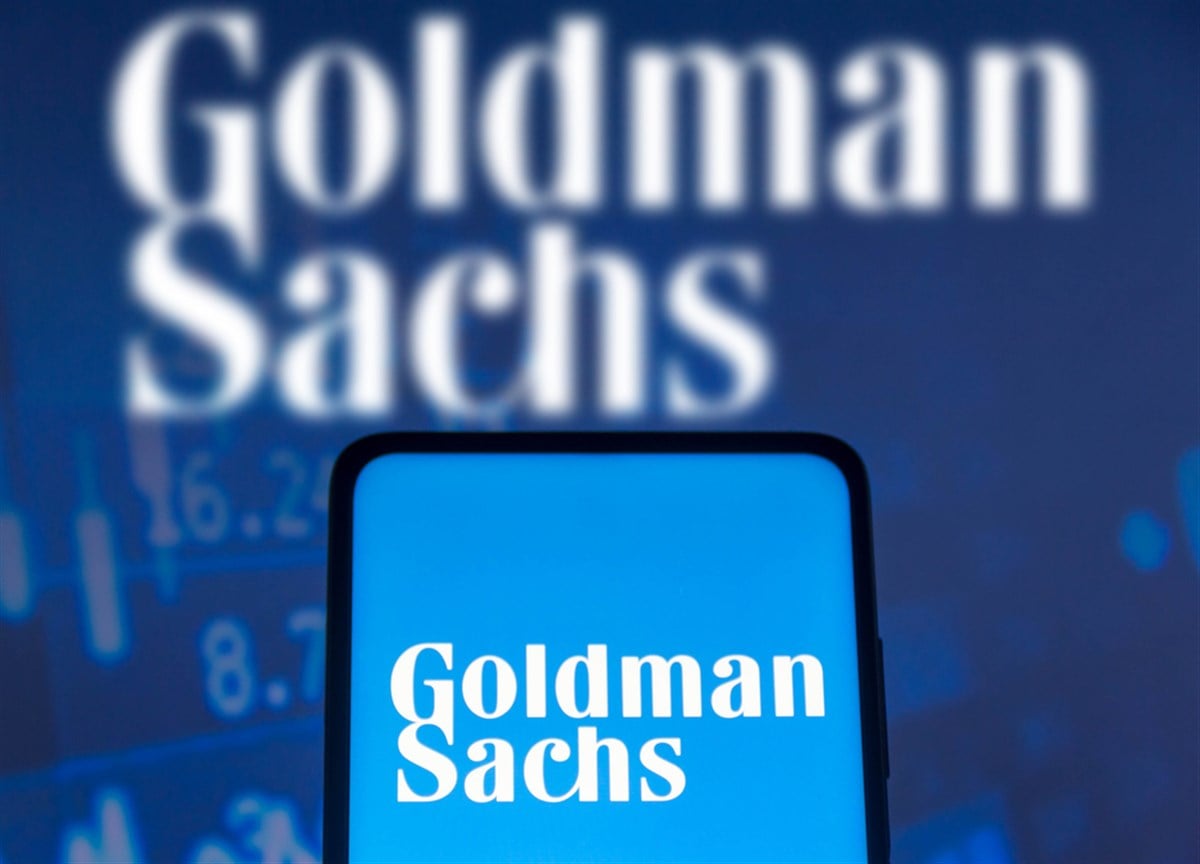
The most expected time of the quarter is here. Earnings season for financial stocks has kicked off, letting investors gain insight into the pulse of the global financial markets. With BlackRock Inc. (NYSE: BLK) leading the way last week (April 8th), traders are now on edge as they await the rest of Wall Street’s biggest names to confirm—or deny—the trend.
BlackRock’s earnings show that its clients and managers prefer to passively invest in the stock market rather than the bond market. Despite rising volatility index (VIX) levels, these ‘masters of the universe’ have faith in the S&P 500 making a new high.
This week, The Goldman Sachs Group Inc. (NYSE: GS) adds to the answer anyone is looking for: Is the market still going higher? With Citigroup Inc. (NYSE: C) betting on a stronger U.S. consumer ahead and seeing increasing investment banking revenues, it looks like the potential interest rate cuts coming from the Federal Reserve (the Fed) are more a reality than a wild bet.
Goldman’s Departments: A Clue for Investors
Goldman Sachs stock is up by more than 4% to start the trading week, all on better-than-expected first-quarter 2024 financial results. Digging inside the company’s press release gives Main Street a potential guide to adjust portfolios in the coming months.
Interest income for the bank increased by 31% over the past 12 months, reflecting Goldman’s ability to monetize a higher interest rate environment during this period. However, on a quarter-to-quarter basis, interest income only rose by 6%, a sign of things slowing down in the interest department.
Perhaps a sign of lower interest rates to come, this is only one piece of the puzzle. Investment banking revenue jumped by 32% over the year and 26% on a quarterly basis. Because investment banking activity relies on flexible financing rates, this spark in activity adds to the case for lower interest rates ahead.
Within the investor presentation for the quarter, management points to debt underwriting, making up many investment banking fees. This typically means that clients want to refinance their debt or start issuing ‘expensive’ debt before it becomes cheap due to lower interest rates… bingo.
Investment management revenue rose only 1% over the quarter, while market-making revenues jumped 71% over the same period. Translation? Clients don’t want to trade the markets passively; they want to get the best deals at the best price, hence a need for market making.
On an asset & wealth management front, Goldman invested $330 million into private equity versus $35 million a year ago. This could be Goldman's bet on an improving business cycle because private equity is not liquid, and private businesses tightly follow the business cycle.
After all, the bank’s analysts warned of a manufacturing sector breakout in their 2024 macro outlook report. Like BlackRock, Goldman saw a net inflow into its equity products offering (stocks) and a net outflow from fixed-income products (bonds).
The Market’s View
Over the past 6 months, Goldman Sachs outperformed the broader Financial Select Sector SPDR Fund (NYSEARCA: XLF) by nearly 10%. Compared against the S&P 500, this gap looks more like 15%.
Financial stocks tend to rotate their direction before the rest of the market does, but not all stocks are equal. Investment – not commercial – banks are usually the first to turn, and there's a fundamental reason.
From 2020 through 2022, Goldman stock outperformed Citigroup and J.P. Morgan Chase & Co. (NYSE: JPM) but fell behind from 2023 to now. The reason for this performance rotation lies in the business model itself; Goldman is more of a trading and investment banking firm, while Citigroup and J.P. Morgan have more of a commercial aspect.
Commercial products like credit cards, mortgages, and other retail solutions allow these commercial banks to cushion the effect of interest rates on the business cycle. Trading and deal-making (investment banking) are deeply entrenched in the business cycle.
After underperforming the commercial banks for the past year, Goldman’s response to its first quarterly earnings could signify a new rotation. The ISM manufacturing PMI index had its first expansionary reading in over a year, indicating that the U.S. business cycle could be on a new uptrend.
With consumer sentiment at a three-year high and market indexes flirting with all-time highs again, Goldman’s figures encourage investors to confidently hold on to their favorite stocks for another quarter of potentially higher prices.






